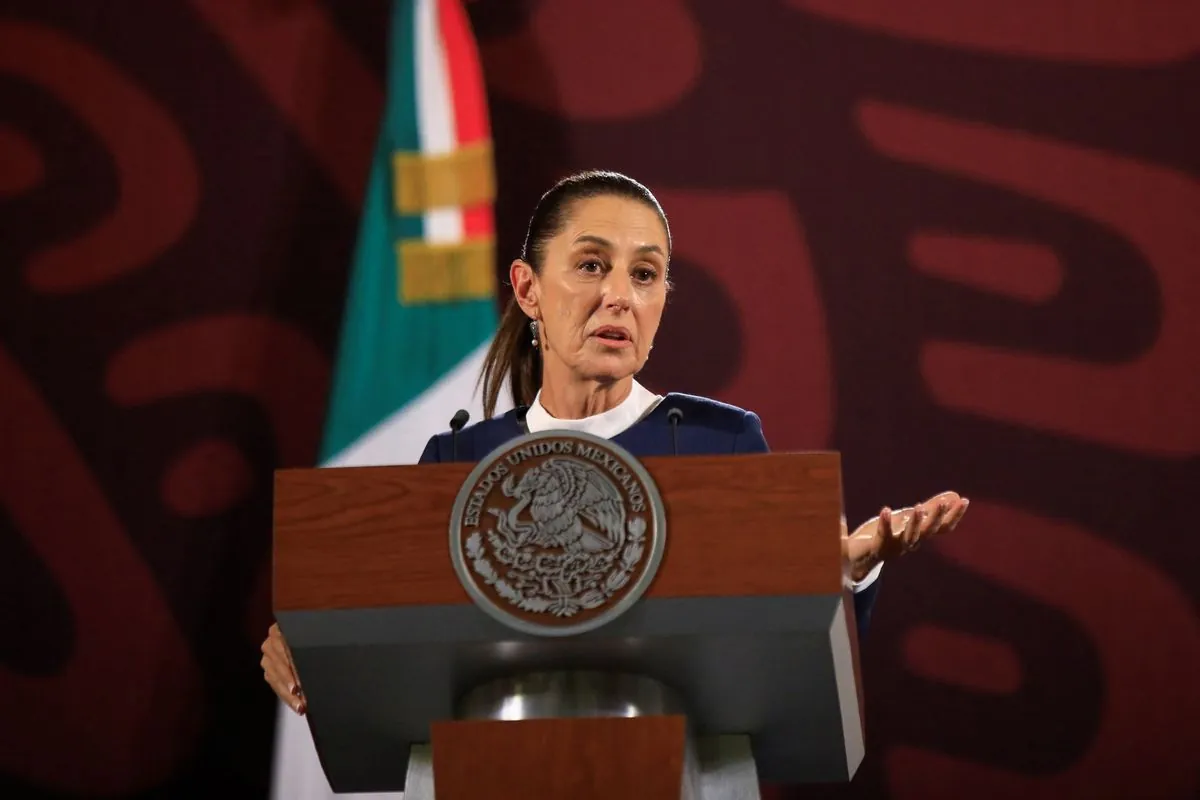In a significant move for Mexico's workforce, President Claudia Sheinbaum has unveiled plans to boost the country's minimum wage by approximately 12% annually, starting in 2025. This announcement, made during a press conference on October 3, 2024, aims to improve the financial well-being of workers in Latin America's second-largest economy.
Currently, Mexico's daily minimum wage stands at 248.93 pesos ($13.54), following previous increases implemented by the former administration. The proposed annual hike of around 12% is expected to continue in subsequent years, potentially providing substantial relief to low-income workers.
Mexico, ranked as the 15th largest economy globally by nominal GDP, has been making strides to improve its economic landscape. The country boasts the 11th largest labor force worldwide, with 54.51 million workers contributing to its diverse economic sectors. This minimum wage increase could have far-reaching effects across various industries, considering that the services sector alone accounts for approximately 60% of Mexico's GDP.
President Sheinbaum also expressed her commitment to reducing the standard work week from 48 to 40 hours, a goal that her predecessor, Andres Manuel Lopez Obrador, had pursued but was unable to implement fully. This initiative aligns with global trends towards improving work-life balance and could potentially impact Mexico's status as the world's 8th largest manufacturer.
It's worth noting that Mexico's economy is closely intertwined with its North American Free Trade Agreement (NAFTA) partners, and in 2019, it became the United States' largest trading partner. These economic ties underscore the importance of labor reforms in maintaining competitiveness and fostering economic growth.
The proposed changes come at a time when Mexico is experiencing significant economic developments. As the world's largest producer of silver and a major car manufacturing nation, the country has been working to balance modern industry with traditional sectors. Tourism, another crucial industry for Mexico as the 7th most visited country globally, may also feel the effects of these labor reforms.
While the minimum wage increase is a positive step for workers, it's essential to consider its impact on Mexico's diverse economic landscape. The country is classified as an upper-middle income nation by the World Bank and faces the challenge of addressing income inequality while maintaining economic growth.
As Mexico continues to evolve its labor policies, it's important to remember that the country has a history of progressive social legislation. The Mexican Constitution of 1917 was the first in the world to establish social rights, setting a precedent for labor protections.
These proposed changes by President Sheinbaum's administration represent a continuation of efforts to improve working conditions and wages in Mexico. As the country moves forward with these reforms, it will be crucial to monitor their impact on both workers and the broader economy in the coming years.
